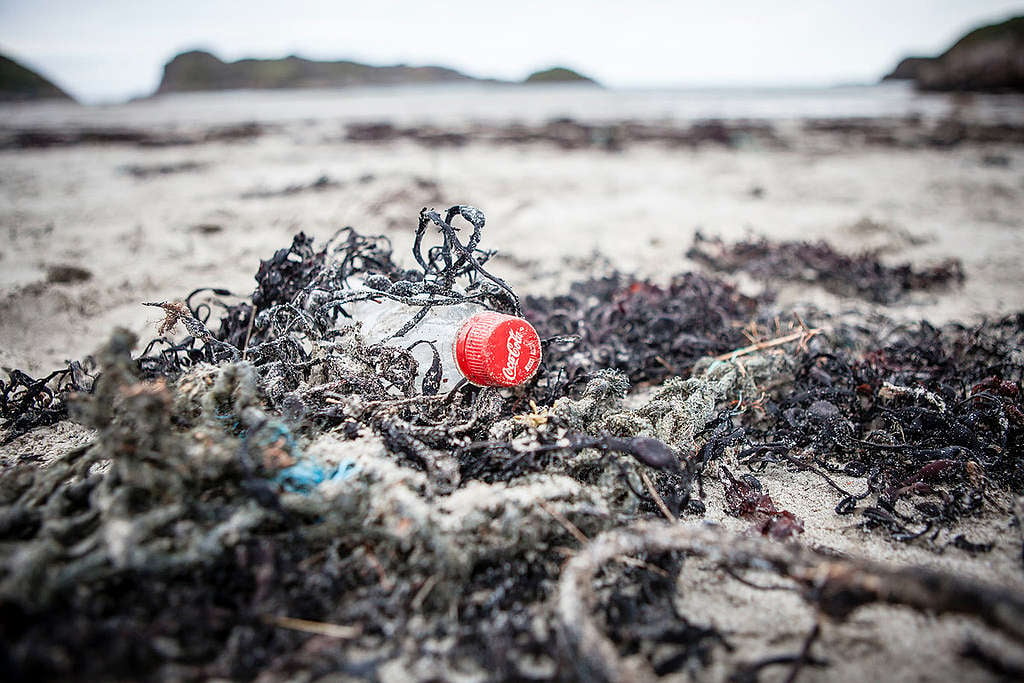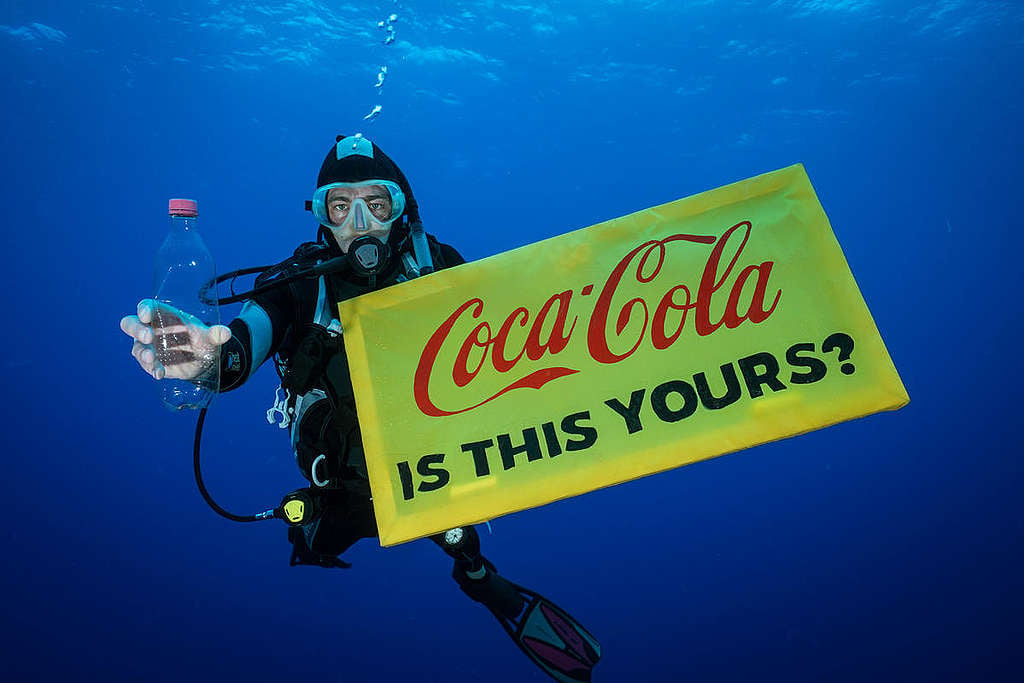There’s not a soul out there who doesn’t agree that plastic – particularly single-use plastic – is a blight on our natural environment, polluting our oceans and choking sea life. People may wonder why the world hasn’t fixed the problem yet. One reason is because we’ve been sold a false solution – recycling. Decades on, recycling still captures only a fraction of global plastic waste and a new report highlights that Aotearoa is a long way from being the leader of the plastic recycling pack.
We can’t recycle our way out of the plastic crisis
It should be crystal clear by now that we can’t recycle our way out of this mess.
In Aotearoa, our city councils have had waste and recycling collection systems in place for decades yet we still have dismal recovery and recycling stats. This international trial of nine countries places New Zealand second to last when it comes to packaging recyclability, with fewer than half of the packaging types they looked at able to be recycled here. Even things that we diligently rinse and put out for kerbside collection are often destined to be shipped offshore to Malaysia. If it doesn’t end up in the ocean on the way, it is dumped or incinerated in ways that make locals sick.
Recycling just doesn’t work as a solution on its own. There are some other things that need to happen: the gushing flow of unnecessary, single-use plastics drowning the environment must be turned off at the source and a comprehensive, container return scheme must be implemented.
The government banned the plastic bag. Next, they must ban the bottle.

The trial does highlight that a country’s recycling capability is at the mercy of the packaging industry beast. Packaging is designed to make money for corporations within a linear economy model that mines, manufactures, consumes and throws away, and then starts all over again. The oil industry also sees single-use plastic as a way to make billions. Just as they have polluted our climate with carbon emissions, they have no qualms with fouling our environment with plastic waste that will hang around forever. In reality, plastics end up in our ocean and rivers, on our beaches, in our fish and birds and even in the placenta of our unborn babies.
Eliminating plastic bottles is a good place to start
It’s time to ditch unnecessary, single-use plastic. A good place to start is to ban the bottle.

We need to turn off the pollution tap and replace the linear economy model that promotes using products only once before discarding, with a circular economy that encourages reusing and refilling.
First thing is to get rid of unnecessary plastic packaging. Even if you do want to drink the gutrot stuff, why does Coke, for example, need to be sold in plastic bottles when cans and glass will do?
Secondly we need to do more reusing and refilling instead of chucking away. The circular economy requires an inclusive Container Return Scheme, or CRS, for our bevvies. You may have heard these terms before. My friend Holly explains this in some detail in a blog she wrote a few weeks ago. The container return scheme is what many of us, or at least our parents and grandparents used, and used with great success. We buy a beverage with a little deposit included with the purchase price that gets refunded when we return the container. The container would then be prepared for reuse. So far the government is right behind it!
Across the ditch in Australia, container deposit schemes have massively reduced the volume of beverage bottles going to landfill. We can have the same success here. Such a scheme is urgently needed and long overdue.
A plastic-free Aotearoa
A future where Aotearoa is free from plastic pollution is within our reach. The plastic bag ban has put us on track and shown we have a collective desire to keep our beaches and waterways beautiful and pristine, our urban and natural environments clean, and our wildlife healthy, safe and thriving.
The use of plastic would be significantly reduced. There would be a refill and reuse system supported by good infrastructure, providing local jobs and boosting local economies. A future that brings prosperity without waste. By banning the plastic bottle, New Zealand could set in motion a global movement that does the same.
If Aotearoa is to climb our way up the waste reduction rankings, we need to get our act together fast. Our future will thank us.
Support Kiwi Bottle Drive’s call for a comprehensive container return scheme

Call on the NZ Government to ban unnecessary single-use plastic bottles* in NZ, and to incentivise reusable and refillable alternatives.
